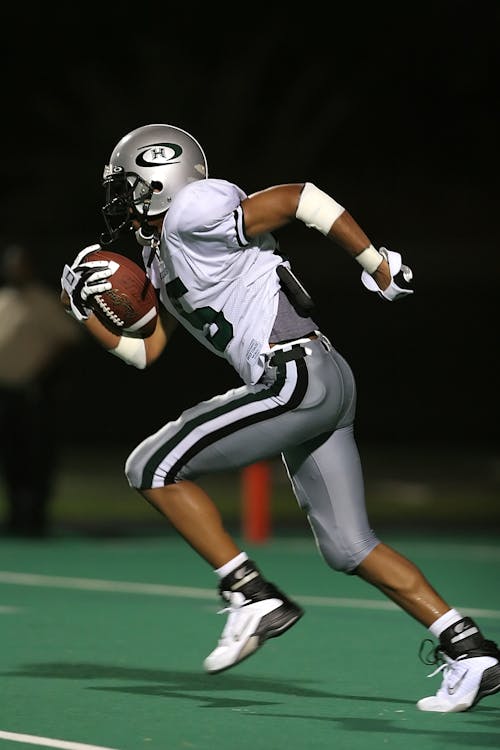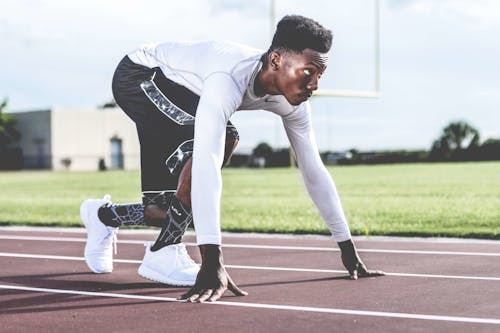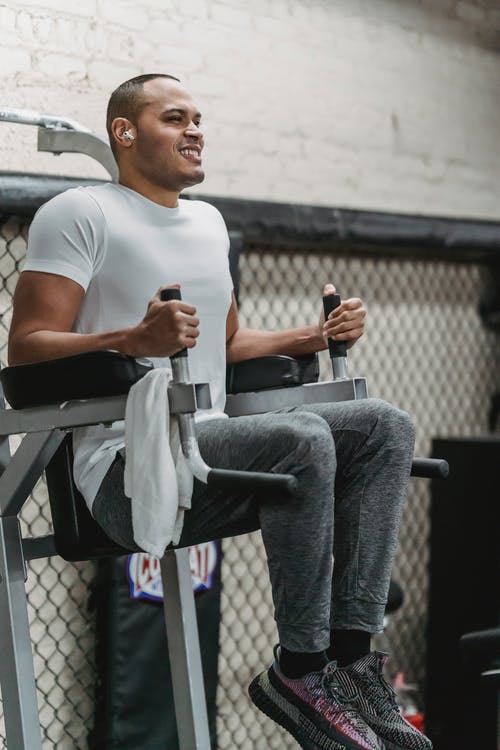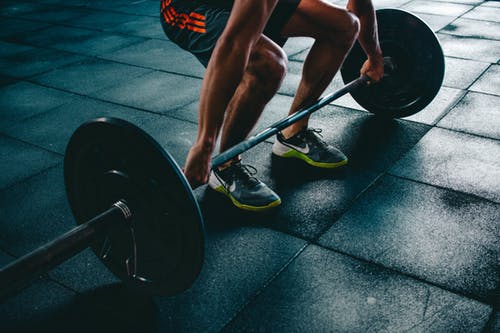In the sports community, some people stigmatize those who go for counseling or therapy. However, it is important to note that mental health counseling is vital to deal with life issues, stress, and different types of mental illnesses.
When you go for mental health counseling, you will learn new things about yourself, gain more confidence, etc.

Here are some of the things you will gain when you go for mental health counseling as an athlete:
Mental resilience
Getting mental health counseling will help to improve your mental toughness over time. You will realize that seeking help does not mean that your weak, it is a sign of strength.
With mental health counseling, athletes can improve their performance on the field, and they can have a good life off the field.
Self-care
One of the mistakes that professional athletes make is undergoing unhealthy habits that deteriorates their mental health. Going for mental health counseling exposes you to vital self-care tips that will keep your physical and mental health in shape.
Stress reliever
Another importance that comes with mental health counseling is that you will learn how to manage stress.
If you have high stress levels, mental health counseling teaches you how to bring it down. You will learn how to balance family, work and other important aspects of your life without getting unnecessarily stressed.
Constant support
Some people feel that athletes have everything figured out but this is a long-standing myth. There are many athletes who feel that no one understands them, or can relate with what they are experiencing.
Mental health counseling can provide the needed support that professional athletes to keep themselves in one piece.
Health tips
With mental health counseling, you will learn important health tips that will positively impact your overall health.
You will learn the essence of eating a nutritious diet, sleeping regularly, undergoing physical exercise amidst other health tips. Doing some of these healthy habits will reduce the chances of getting addicted to substances like drugs and alcohol.



